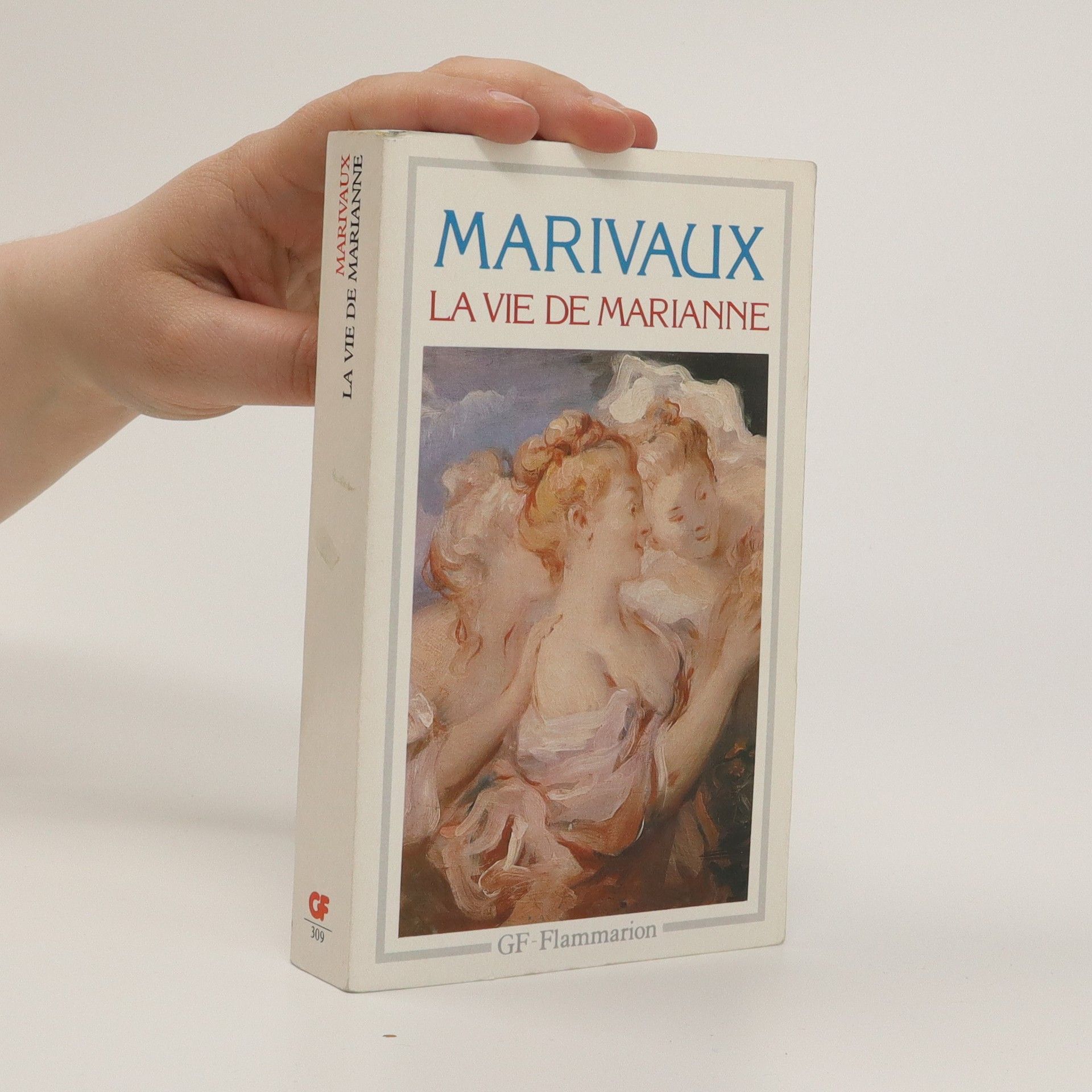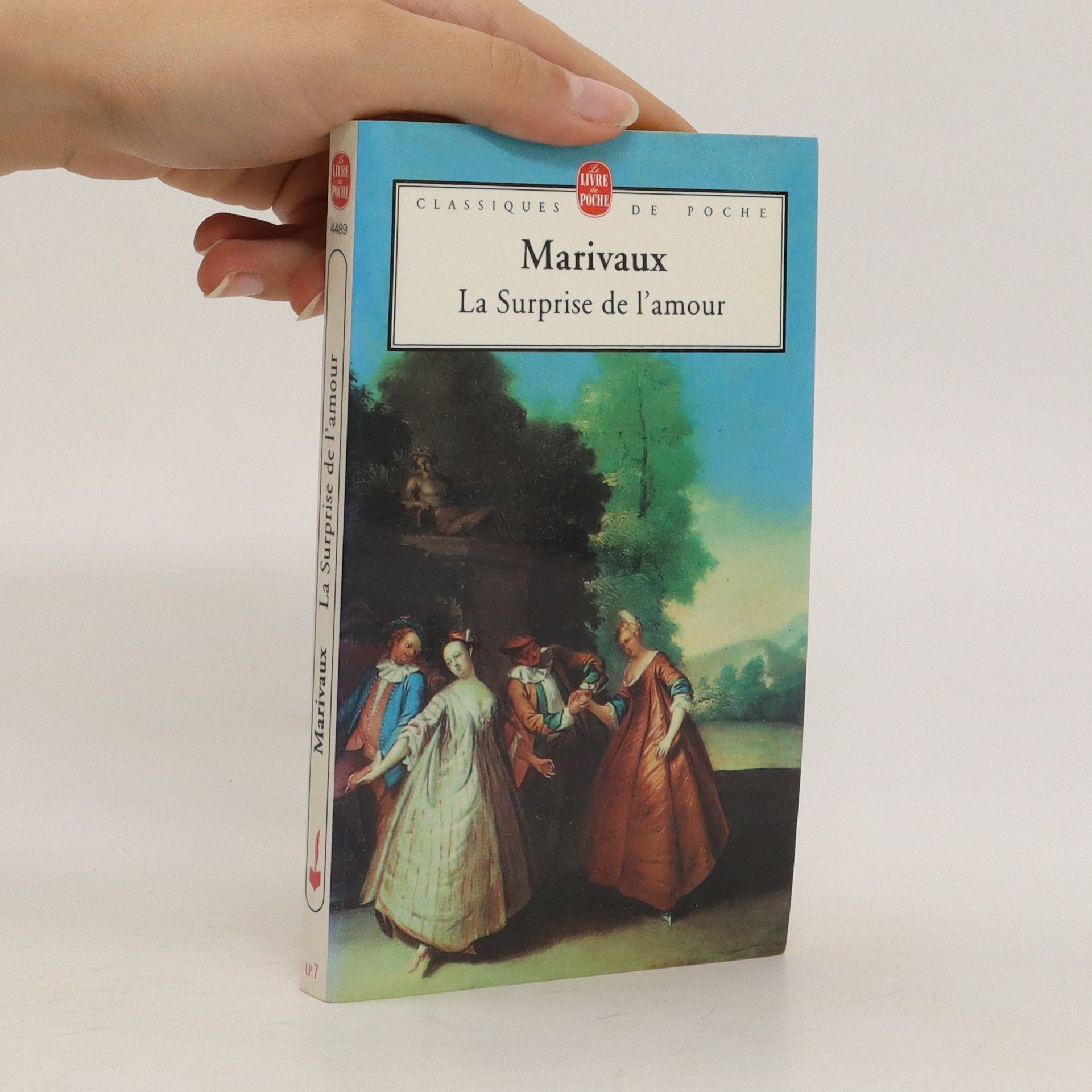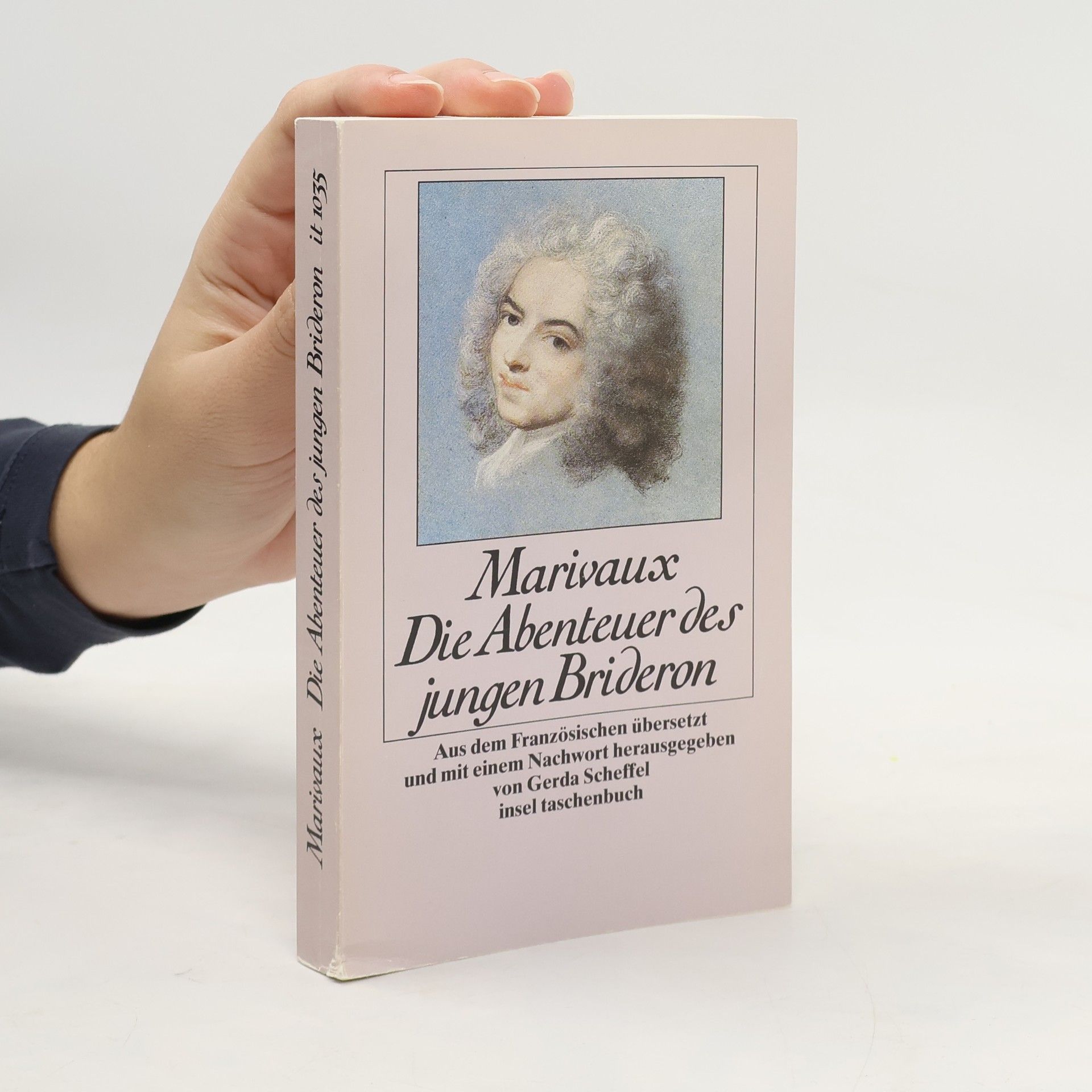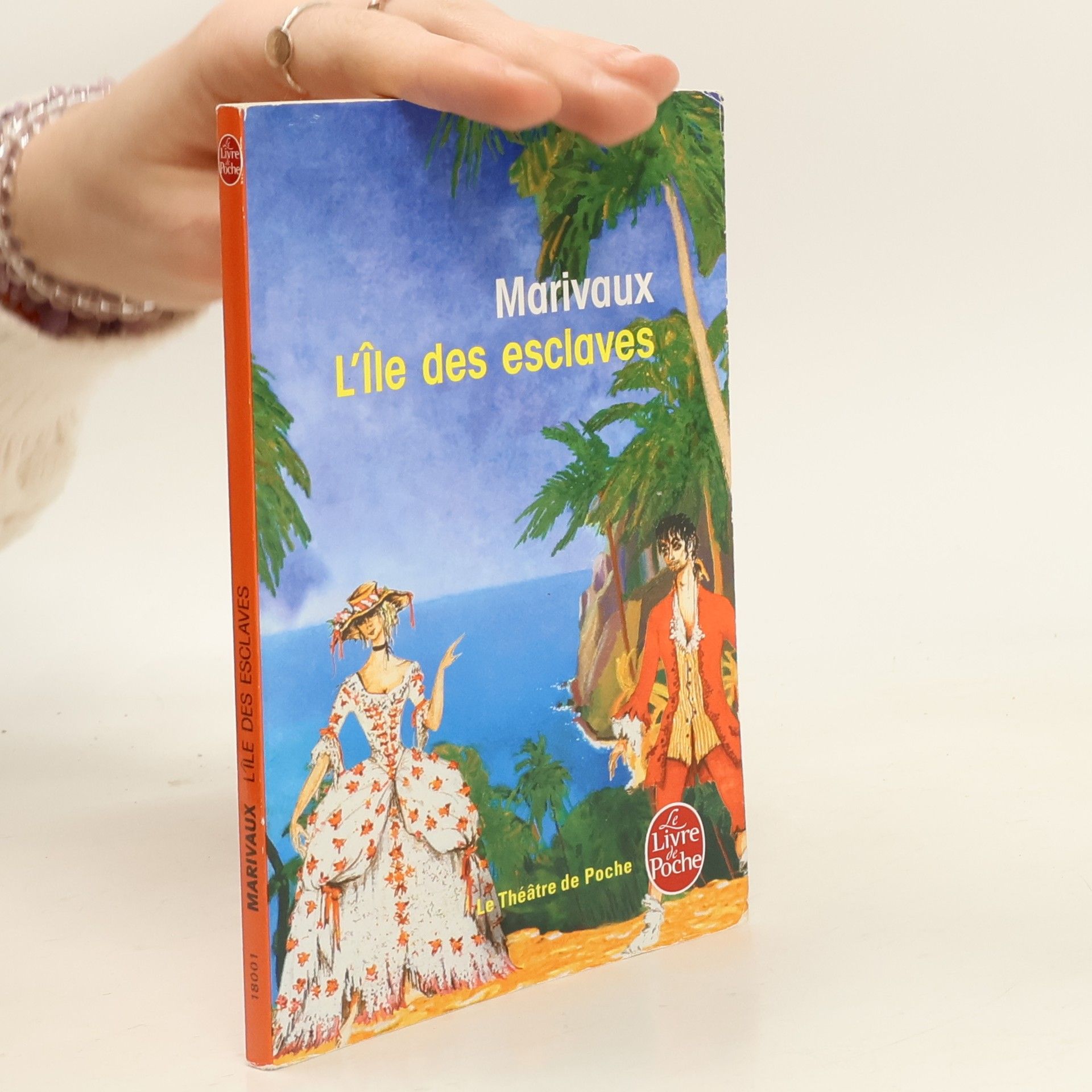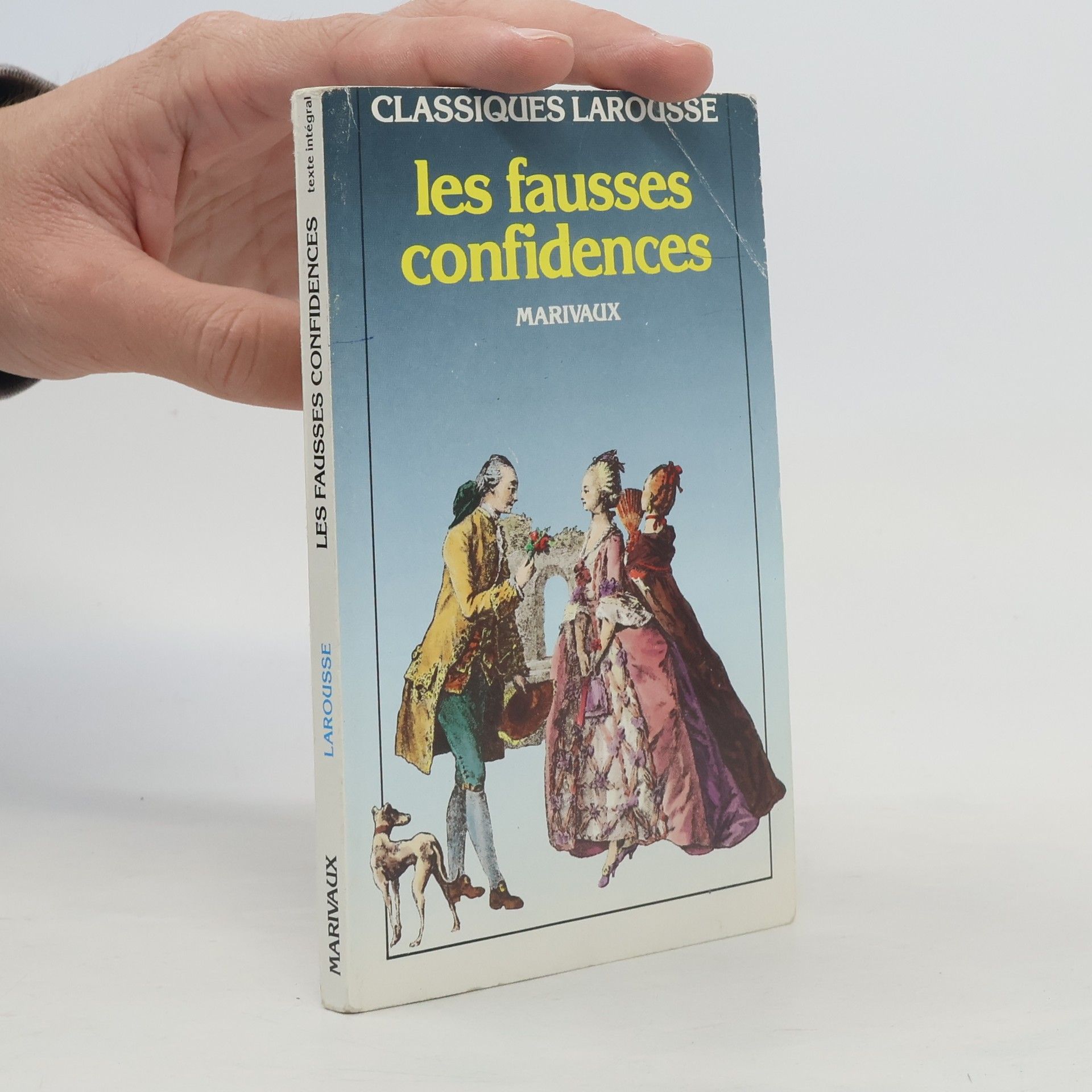Slave Island & The Colony
- 80 páginas
- 3 horas de lectura
In SLAVE ISLAND, the dynamics between servants and masters are flipped, showcasing a theory of philanthropy where social roles are reversed. Unlike traditional comedic portrayals of rogues, Marivaux's characters are well-mannered and mirror their masters. The play explores themes of reconciliation and camaraderie, as the initial tensions give way to harmony and embrace. Set against the backdrop of 1792, it presents a revolutionary pastoral that reflects the ideals of the Golden Age, emphasizing the potential for social unity and understanding.


